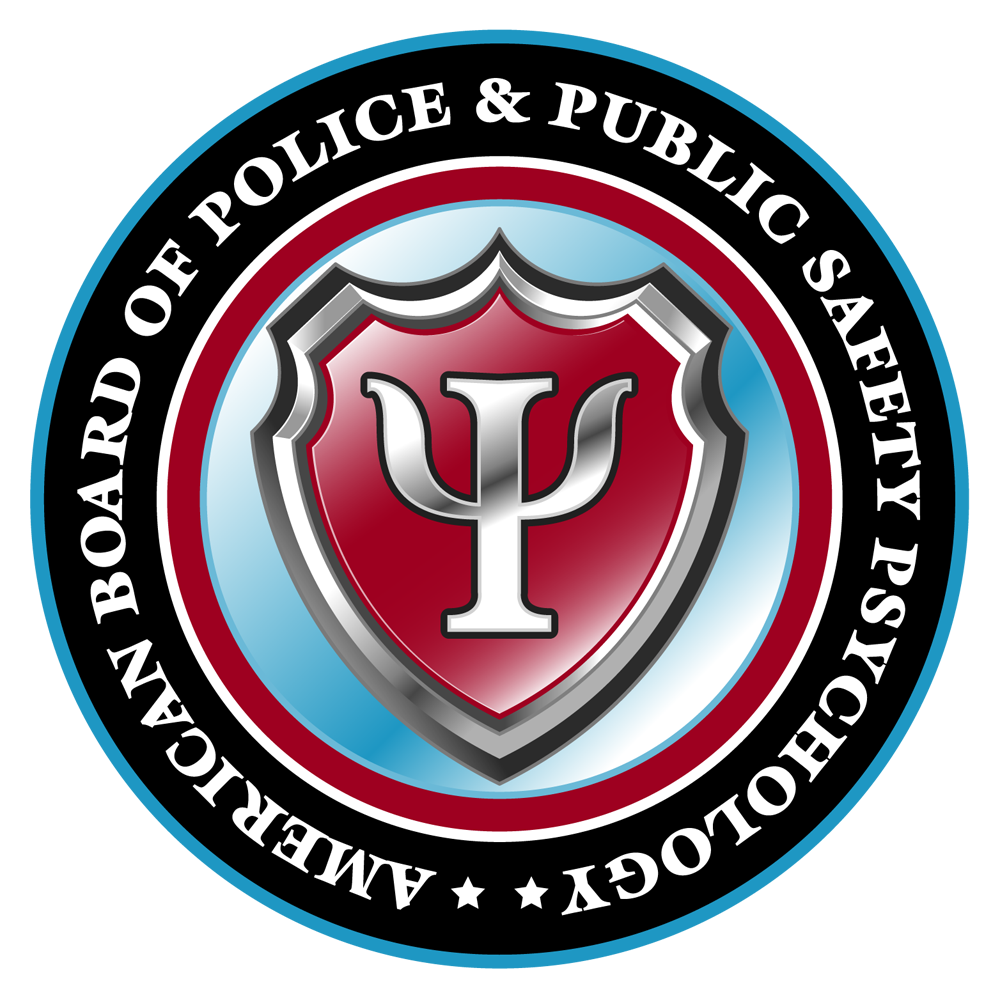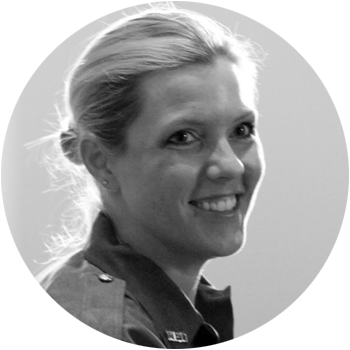8 hours | 8 CEs
This On Demand professional training program on Foundational & Functional Competencies in Police & Public Safety Psychology is presented by David M. Corey, PhD, ABPP & Heather McElroy, PhD, ABPP, in partnership with The American Board of Police and Public Safety Psychology (ABPPSP).
This program is California POST CPE approved for 4 CE hours.
This program provides an overview of the competencies required of all psychologists seeking board certification and detailed information about how those are demonstrated specifically in Police & Public Safety Psychology. It also describes the history and development of competencies in psychology, including inter-organizational adoption of the competencies, use of the competencies in articulating educational and training guidelines within and across specialties, and utilization of competencies as a basis for board certification.
Specific to Police & Public Safety Psychology, this program addresses the ten foundational competencies required of psychologists seeking board certification specifically in the specialty of Police and Public Safety Psychology. Each competency area is defined, and examples of how psychologists can demonstrate those competencies are discussed. In addition, the program reviews the four domains of the specialty and includes a discussion of how to demonstrate functional competency in those areas.

Intended Audience
This on-demand professional training program is intended for mental health and other allied professionals

Experience Level
This on-demand professional training program is appropriate for beginner, intermediate, and advanced level clinicians.

CE / CPD Credit
APA, ASWB, CPA, NBCC Click here for state and other regional board approvals.
Learning Objectives
Upon completion of this program you will be able to:

Describe the Foundational and Functional Competencies

Describe the difference between Foundational and Functional Competencies

Describe the general process of becoming board certified through the American Board of Professional Psychology

Describe how Foundational and Functional Competencies may be demonstrated in the process of a board certification examination in Police & Public Safety Psychology

Describe functional competency domains in Police & Public Safety Psychology and how they are evaluated through the ABPPSP board certification process

Curriculum
1. Competency-Based Approach
2. Q & A - Competency-Based Approach
3. Foundational Competencies - Intro & Assessment
4. Assessment - Part 2
5. Intervention
6. Operations
7. Consultation
Develop a Specialty Area of Practice
Transforming mental health professionals into experts
Expert Instructors
Professional training developed and delivered by the field's leading experts

CE Credit
Earn CE credit for meaningful professional training that will elevate your practice
Convenience & Flexibility
Learn at your own pace, from wherever you might be!
Program Partner
American Board of Police and Public Safety Psychology (ABPPSP)
We are proud to partner with The American Board of Police and Public Safety Psychology (ABPPSP) for this training. ABPPSP became a fully affiliated specialty board of the American Board of Professional Psychology (ABPP) on October 21, 2011. Police and Public Safety Psychology is concerned with assisting law enforcement and other public safety personnel and agencies in carrying out their missions and societal functions with optimal effectiveness, safety, health, and conformity to laws and ethics. It consists of the application of the science and profession of psychology in four primary domains of practice: assessment, clinical intervention, operational support, and organizational consultation.

CE Sponsorship Information
Palo Alto University, Continuing and Professional Studies (CONCEPT) is approved by the American Psychological Association to sponsor continuing education for psychologists. Palo Alto University, Continuing and Professional Studies (CONCEPT) maintains responsibility for this program and its content. Palo Alto University, Continuing and Professional Studies (CONCEPT) is approved by the Canadian Psychological Association to offer continuing education for psychologists. Palo Alto University, Continuing and Professional Studies (CONCEPT), SW CPE is recognized by the New York State Education Department’s State Board for Social Work as an approved provider of continuing education for licensed social workers #SW-0356 and the New York State Education Department’s State Board for Mental Health Practitioners as an approved provider of continuing education for licensed mental health counselors. #MHC-0073. Palo Alto University, Continuing and Professional Studies (CONCEPT) has been approved by NBCC as an Approved Continuing Education Provider, ACEP No. 6811. Programs that do not qualify for NBCC credit are clearly identified. CONCEPT Professional Training, #1480, is approved to offer social work continuing education by the Association of Social Work Boards (ASWB) Approved Continuing Education (ACE) program. Organizations, not individual courses, are approved as ACE providers. State and provincial regulatory boards have the final authority to determine whether an individual course may be accepted for continuing education credit. CONCEPT Professional Training maintains responsibility for this course. ACE provider approval period: 11/22/23-11/22/26. Social workers completing this course receive (clinical or social work ethics) continuing education credits.


